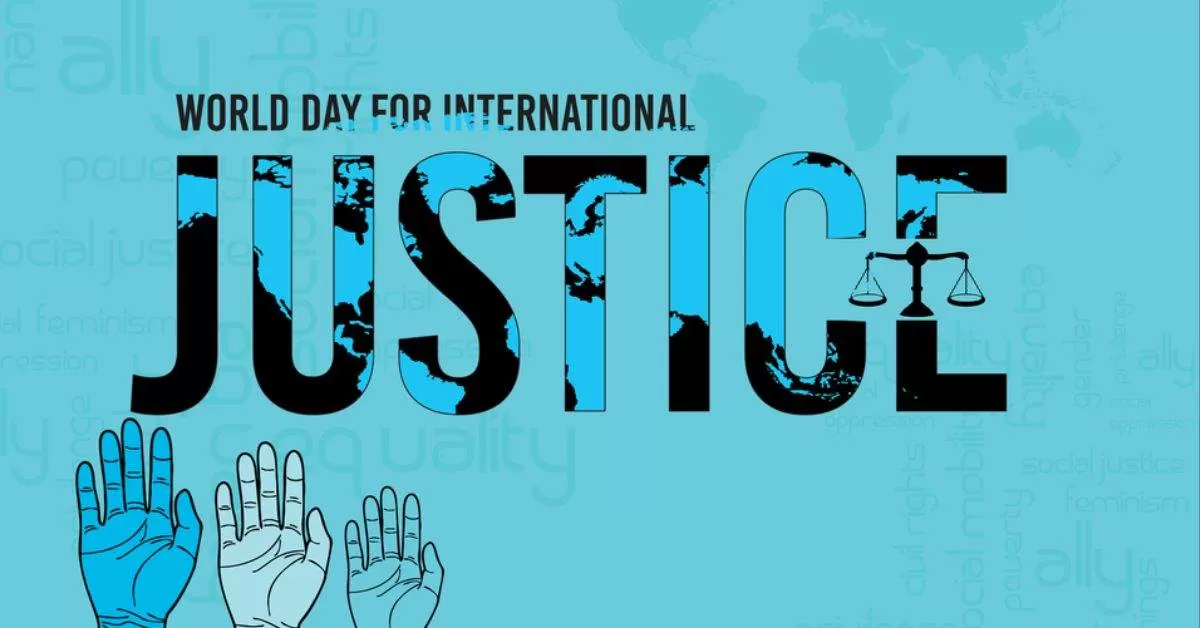July 17th also marks the World Day for International Criminal Justice, a day dedicated to raising awareness about international criminal justice and the work of the International Criminal Court (ICC). Established in 2010 by the United Nations, this observance aims to promote the principles of justice, accountability, and human rights on a global scale. It serves as a reminder of the importance of addressing international crimes and ensuring that perpetrators are held accountable.
The Role of the International Criminal Court
Overview of the ICC
The International Criminal Court (ICC) is a permanent international tribunal established to prosecute individuals for crimes of international concern, including genocide, war crimes, and crimes against humanity.
- Founding and Purpose: The ICC was established by the Rome Statute, which was adopted in 1998 and entered into force in 2002. The court’s primary purpose is to hold accountable those responsible for the most serious crimes that threaten the international community.
- Jurisdiction: The ICC has jurisdiction over crimes committed on the territory of member states or by nationals of member states. It can also exercise jurisdiction in cases referred to by the United Nations Security Council.
- Functions: The ICC conducts investigations, prosecutions, and trials of individuals accused of committing international crimes. It works to ensure that justice is served and that victims receive recognition and support.
Challenges and Achievements
The ICC has faced various challenges since its inception, including political resistance, funding issues, and difficulties in enforcing its decisions. Despite these challenges, the court has made significant contributions to international criminal justice.
- High-Profile Cases: The ICC has prosecuted and convicted several high-profile individuals for international crimes. These cases have highlighted the court’s role in promoting accountability and deterring future crimes.
- Victim Support: The ICC provides support and assistance to victims of international crimes. This includes ensuring that victims have access to legal representation and participating in proceedings to seek justice.
- Global Impact: The ICC’s work has contributed to the development of international criminal law and the promotion of human rights. It has also influenced national legal systems and encouraged cooperation among countries.
Observing World Day for International Criminal Justice
Raise Awareness
- Educate Yourself and Others: Learn about the work of the ICC and the principles of international criminal justice. Share this information with others to raise awareness and promote understanding of the importance of justice and accountability.
- Support Human Rights Organizations: Support organizations and initiatives that work to promote human rights and international justice. Your support can contribute to efforts to address and prevent international crimes.
Engage in Advocacy
- Advocate for Justice: Advocate for the strengthening of international criminal justice mechanisms and the support of the ICC. Engage with policymakers, participate in campaigns, and contribute to discussions on international justice issues.
- Participate in Events: Attend or organize events, such as conferences, discussions, or workshops, that focus on international criminal justice. These events can provide valuable opportunities to learn, network, and contribute to the promotion of justice.
Promote Accountability
- Support Legal Frameworks: Support efforts to strengthen international legal frameworks and institutions that address international crimes. This includes advocating for the adoption and enforcement of international treaties and conventions.
- Encourage Cooperation: Promote international cooperation in the fight against impunity and the protection of human rights. Encourage collaboration between governments, organizations, and individuals to address global justice issues.








